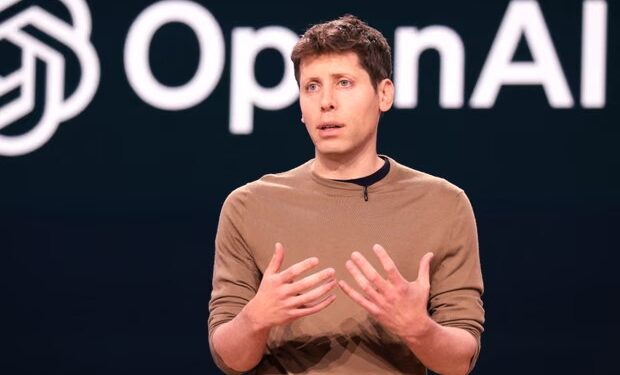A confidential proposal discussed between UK technology secretary Peter Kyle and OpenAI chief executive Sam Altman considered granting all UK residents nationwide access to ChatGPT Plus. The scheme, which could have cost as much as £2 billion, was ultimately shelved and never formally advanced.
Proposal raised at high-level meeting
The idea emerged during a meeting in San Francisco earlier this year, where Altman and Kyle explored the potential for scaling access to OpenAI’s premium chatbot service across Britain. ChatGPT Plus, which offers faster performance and priority access to new features, currently retails at a monthly subscription cost for individuals. The proposed arrangement would have covered the entire population, effectively positioning the UK as the first country to roll out a universal AI service.
Sources familiar with the talks emphasised that the plan was never seriously considered within government, mainly due to its financial implications. At £2 billion, the outlay would have equalled major infrastructure budgets, raising questions over priorities at a time of wider fiscal pressures.
Government’s AI partnership with OpenAI
Although the nationwide subscription deal was not pursued, the UK has already signed a non-binding memorandum of understanding with OpenAI. This agreement, finalised in July, paves the way for collaboration in areas such as education, defence, justice, and public security. It could allow OpenAI to work with government data under regulated frameworks to trial applications of generative AI in public services.
The Starmer administration has also committed around £1 billion to boost domestic AI infrastructure over the next five years. This investment is part of a broader effort to ensure Britain keeps pace with international competitors, particularly the US, China, and India, in the global race for artificial intelligence leadership.
Concerns over dependency and copyright
The prospect of closer cooperation with OpenAI has drawn scrutiny from industry and creative sectors alike. Critics warn that reliance on a single US-based technology provider risks crowding out domestic innovation and embedding structural dependency into public service delivery.
Creative professionals, including prominent writers and artists, have voiced concerns about parallel government consultations on copyright reform. They fear looser rules on training data could enable AI firms to use copyrighted works without proper consent or remuneration, further fuelling tensions between technology firms and cultural industries.
Symbol of shifting priorities
While the £2 billion universal ChatGPT Plus plan never materialised, its existence highlights the scale of ambition within Whitehall as it tests unconventional ways to integrate AI into society. For policymakers, the episode underscores both the allure of transformative technologies and the practical constraints of cost, governance, and public accountability.
The memorandum of understanding remains the centrepiece of the UK’s strategy, but the floated idea reflects how AI has rapidly moved from niche interest to central government planning — a trend likely to intensify as adoption accelerates globally.
REFH – Newshub, 24 August 2025



Recent Comments